
How to be authentic in a media interview
How to be authentic in a media interview. In this episodes simple techniques to build trust and sound genuine while appearing on TV, Radio or podcasts.
The number one bit of advice you usually hear about being authentic in the media is:
"Just be yourself." But what if yourself isn't great?
The challenge of authenticity in media interviews
"Just being yourself" is an issue for many of us because let's face it, we've all got aspects of ourselves we'd really rather not broadcast.
Also, when you are live on air, or being interviewed on TV, Radio or even a podcast. It's nerve-wracking.
Your palms are sweaty. Adrenaline is coursing through your veins. In short, you're cr***ing yourself.
Even seasoned broadcasters with years of on-air experience struggle with this. In my career, the spike of anxiety I got when the mic went live never really went away, trying to look authentic and in control is a struggle.
Strategies for authenticity in media interviews
So let's get into it. Here are some ideas to help you appear more authentic in the media.
More media training guides and podcasts
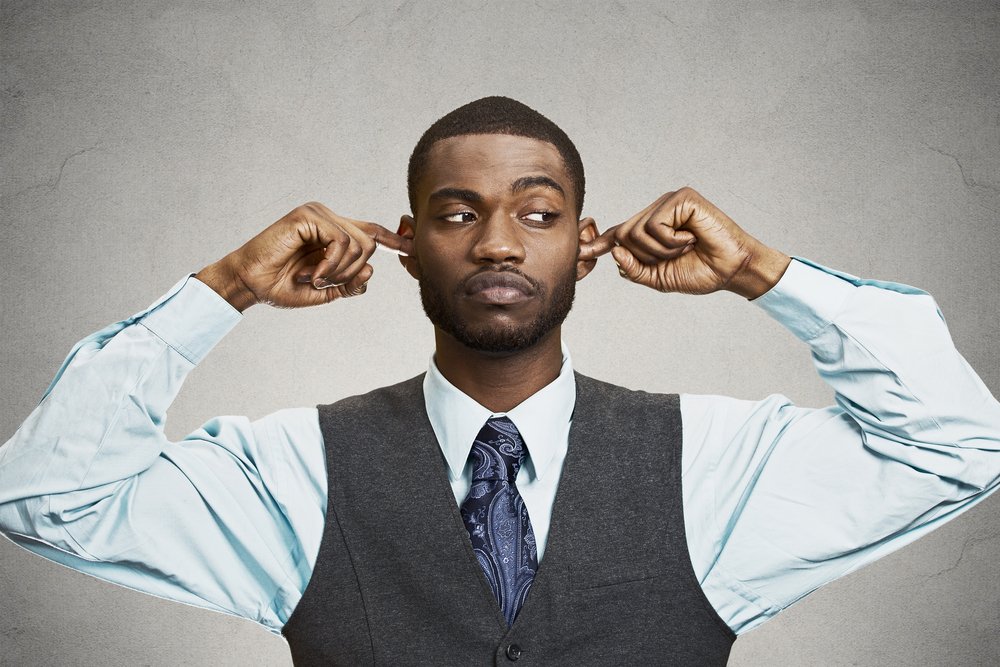
Is it ok to ignore a journalist?

Building your personal brand so journalists find you first

Media interview quick-start guide
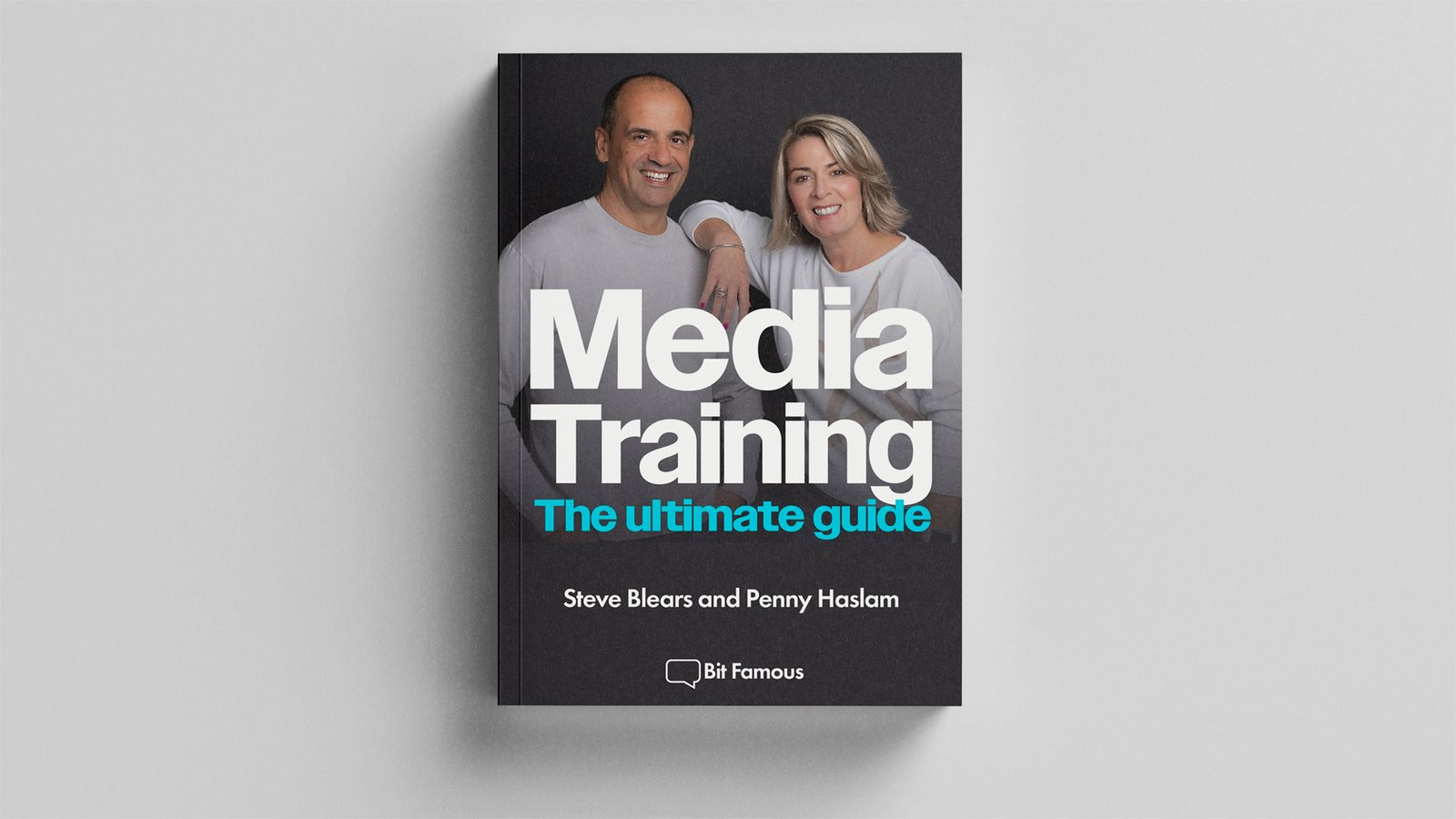
Media training book
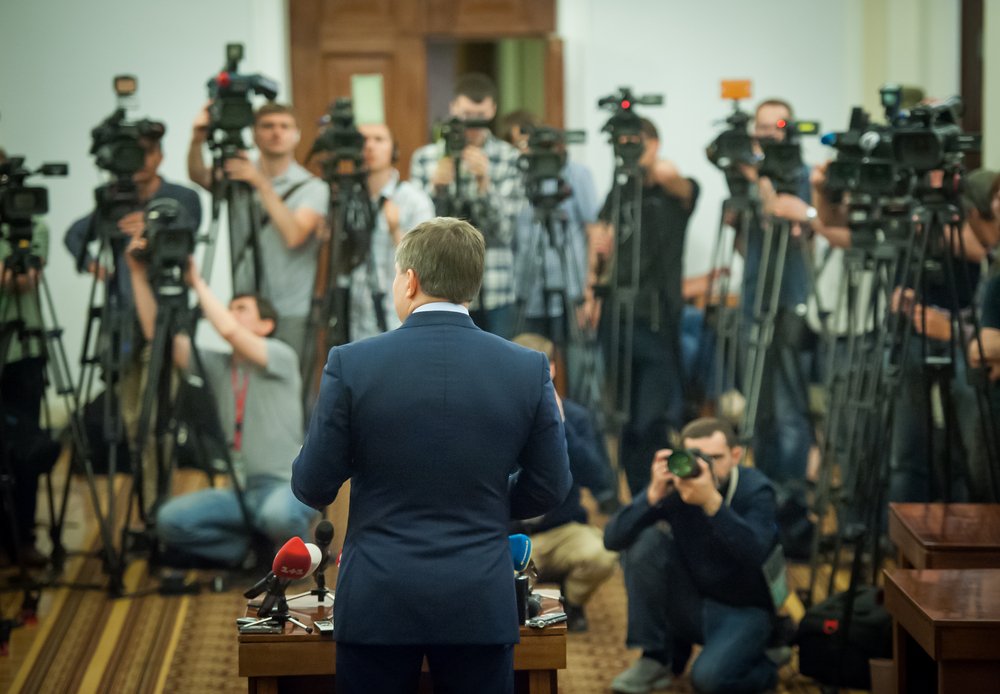
How to hold a press conference
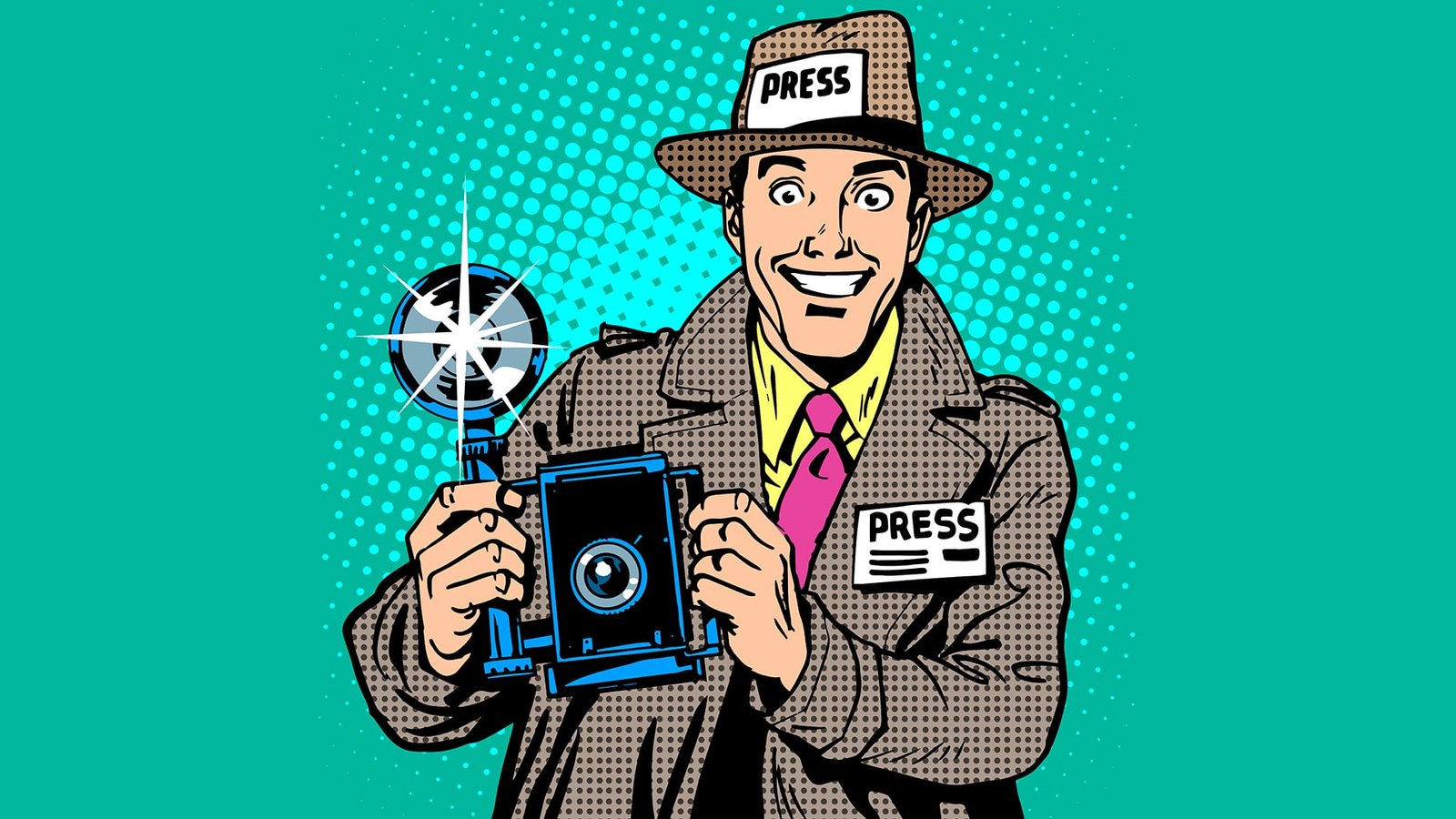
Time for a media training refresher?
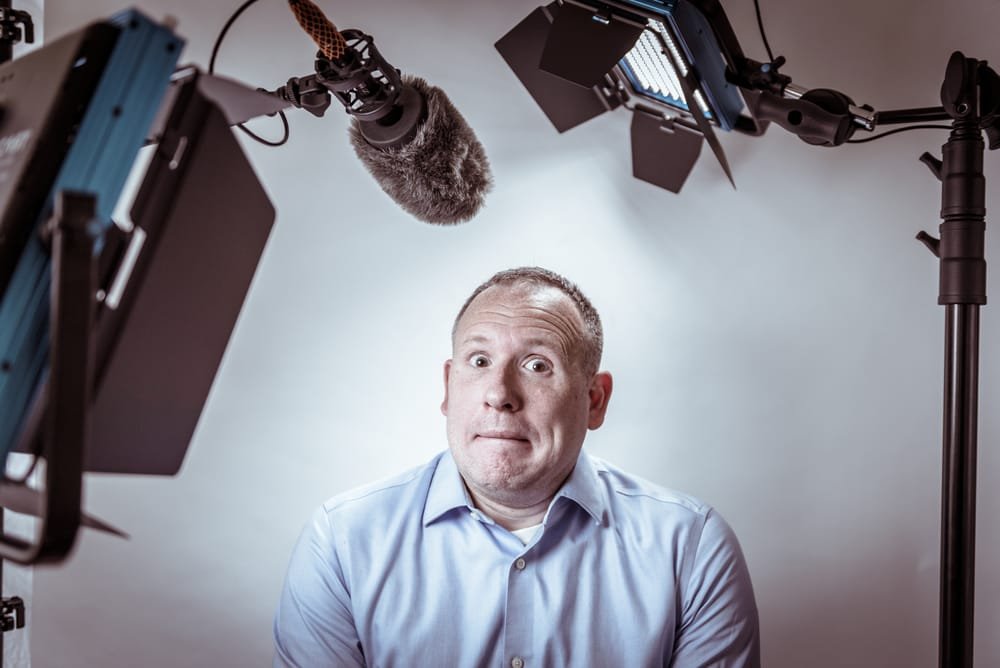
How to get your boss on board with media appearances

Is it okay to say “I don’t know” in a media interview?
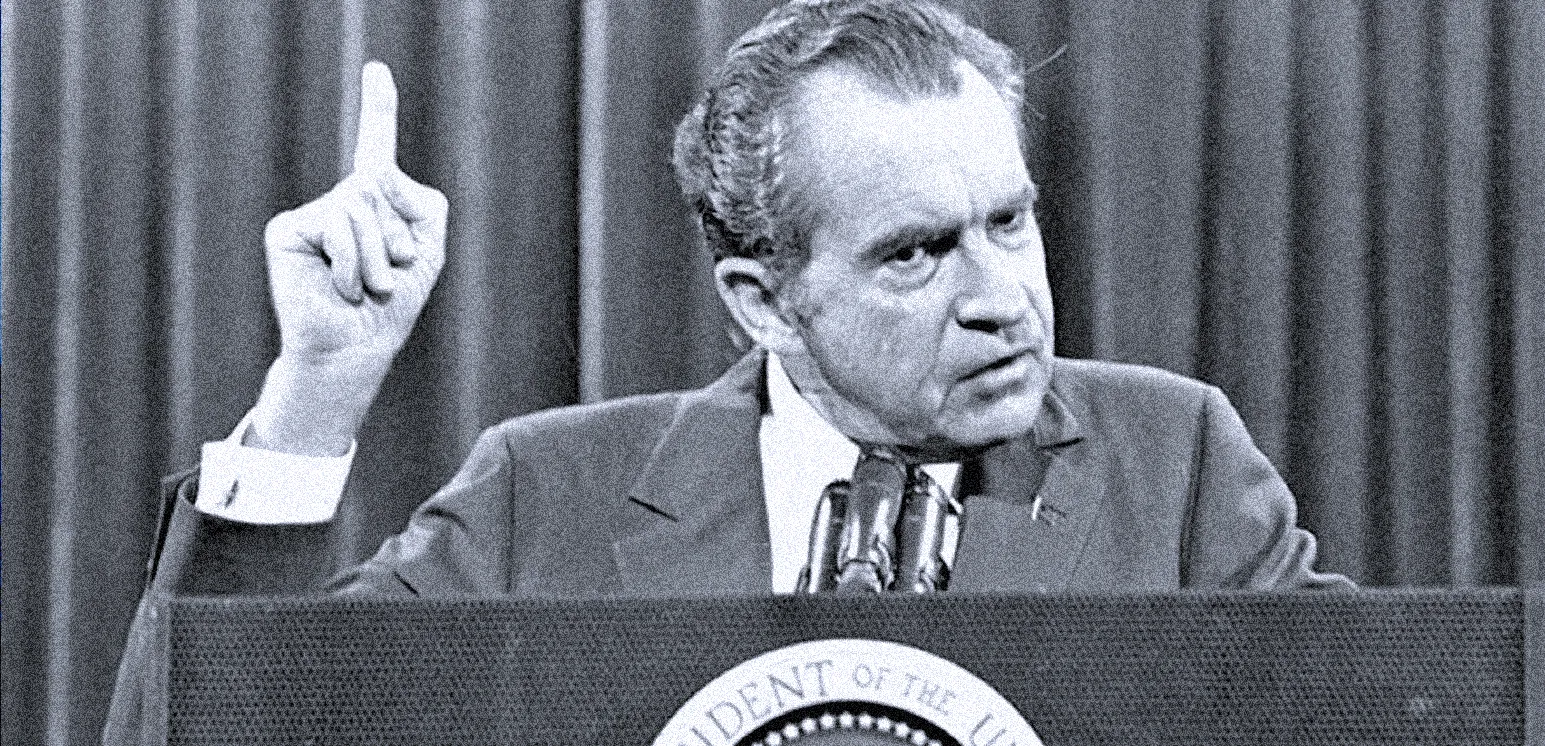
Why should you avoid repeating negative questions in media interviews?

How to look and sound relaxed in a media interview, performance tips

Mastering profile interviews in the media

Media appearances, the unwritten rules

Public apologies, how to say sorry in the media and mean it

Why off-the-record journalism is riskier than you think
1. Reflecting your values to show authenticity
When preparing for your media interview, don't just consider how you are going to line up all the facts and points you want to trott out.
Think about framing what you'll say in terms of your values. And by values, I don't mean something your business might print on a mouse mat.
I'm talking about what you stand for. Maybe that's honesty, integrity, respect or kindness?
How might you express the values you hold in your answers? Ok, For example, you might reply to a question like this:
"I believe in being open and truthful, so let me be straightforward..."
Or you might say,"Out of respect for everyone involved, I think it's important to state..."
Or,"In the spirit of fairness and equality, it's only right to mention..."
See what we are doing here?
We're flagging our values. Now a caveat. I'd say don't overdo it. Don't scroll through every available value or use this in every answer.
Consider a value YOU HONESTLY have and express in in your voice, explain why it matters and why you hold it dear.
So, that's a suggestion to use your values to appear authentic. Next.
2. Embracing your opinions to become more authentic
They say opinions are like Butts, everyone's got one.
And because of this we're a little reticent about sharing opinions, we don't want to be judged.
But DON'T confuse having an opinion with being opinionated.
Opinions tell people who you are and what you stand for. And if that isn't a shortcut to authenticity, I don't know what is.
In an interview tell people what you think, tell them your opinion AND explain why..
An opinion might be, "I believe social media has a predominantly negative impact on society. It fosters unrealistic expectations and can lead to increased feelings of inadequacy and anxiety, especially among young people."
That's an opinion.
But this is opinionated, "Social media is ruining society completely. It's nothing but a breeding ground for misinformation."
So, opinions matter if you want to be authentic - use them. Warning! Coming across as "opinionated" is unlikely to boost your authenticity!
3. Using stories and examples makes you appear more trustworthy and genuine
Use stories when you are being interviewed or answering a journalist's question. I don't mean once upon a time type stories. I mean real-life examples to illustrate your points. Micro moments or anecdotes work best, keep them short and to the point. They add credibility and relatability. Stories are also visual and SO memorable.
63% of people remember a story just 5% remember a fact. You probably won't remember that. It's from the book Made to Stick.
How authentic is my anecdote?
Let's try this theory. What can you visualise about my story? Here we go.
I used to read the news on a hit music radio station. One Saturday afternoon a former colleague popped in to see me.
He cheekily asked if he could have a go at reading the news, just for old-time sake.
I said, "Ye why not. I'm fairly sure the boss isn't listening. Just don't use your real name, because you work for the competition these days."
So he took the script into the little studio we read the news from, it's about the size of a broom cupboard. The news jingle fired. He opened his mic fader. The red on-air light illuminated.
And he said, "The headlines At 3 o'clock....I'm erm...er I'mmmm..."
Yep, He'd forgotten to come up with a fake name and in the pressure of the moment couldn't think one up! Ha!
What could you visualise about my story? Which was true by the way! Could you see him sweating and fumbling in the studio?
Stories are powerful, so find SHORT anecdotes and examples to illustrate what you'd like to say. Don't make them up. Try them out on friends and colleagues first to gauge their impact.
So those are my tips on adding authenticity to your media appearance.
Share your values, opinions and examples.
Are you worried about forgetting your name live on air? To get in touch just search marvellous media training or email hello@bitfamous.co.uk

Is it ok to ignore a journalist?

Building your personal brand so journalists find you first

Media interview quick-start guide

Media training book

How to hold a press conference

Time for a media training refresher?

How to get your boss on board with media appearances

Is it okay to say “I don’t know” in a media interview?

Why should you avoid repeating negative questions in media interviews?

How to look and sound relaxed in a media interview, performance tips

Mastering profile interviews in the media

Media appearances, the unwritten rules

Public apologies, how to say sorry in the media and mean it

Why off-the-record journalism is riskier than you think
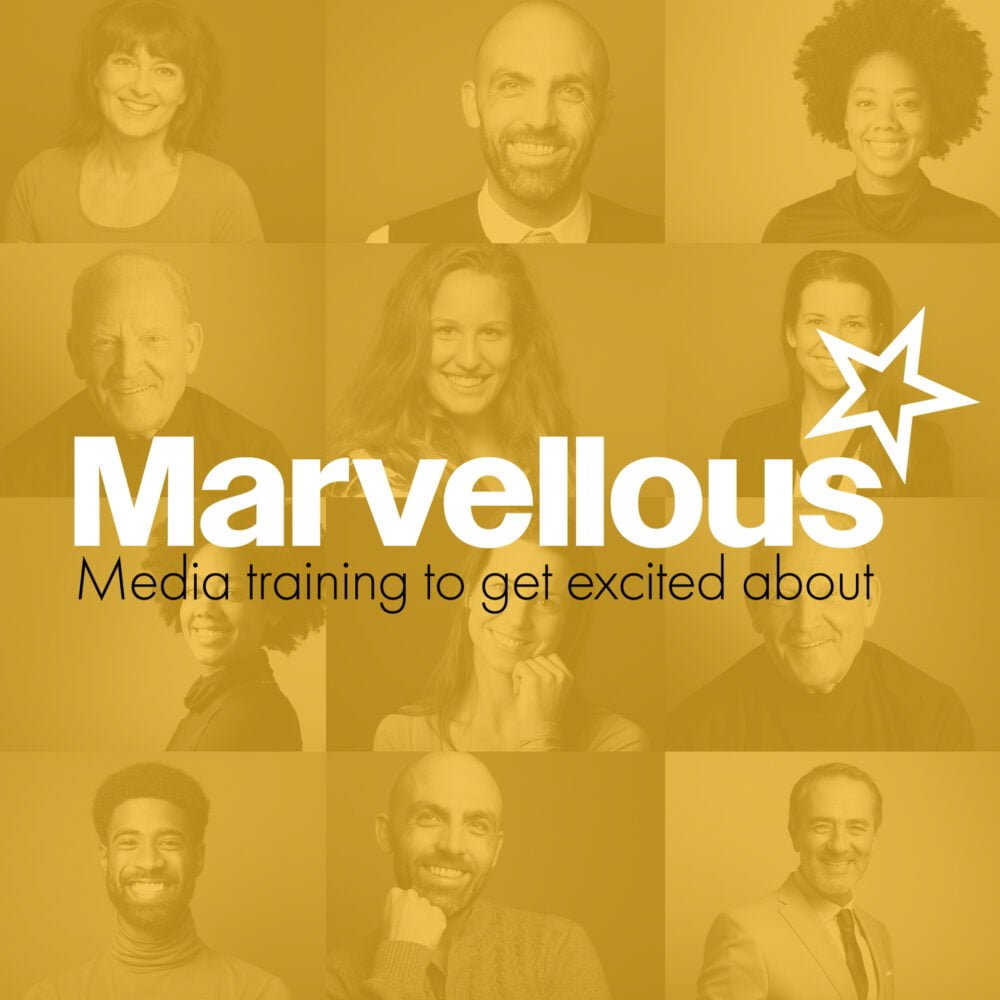
What are key messages in the media?
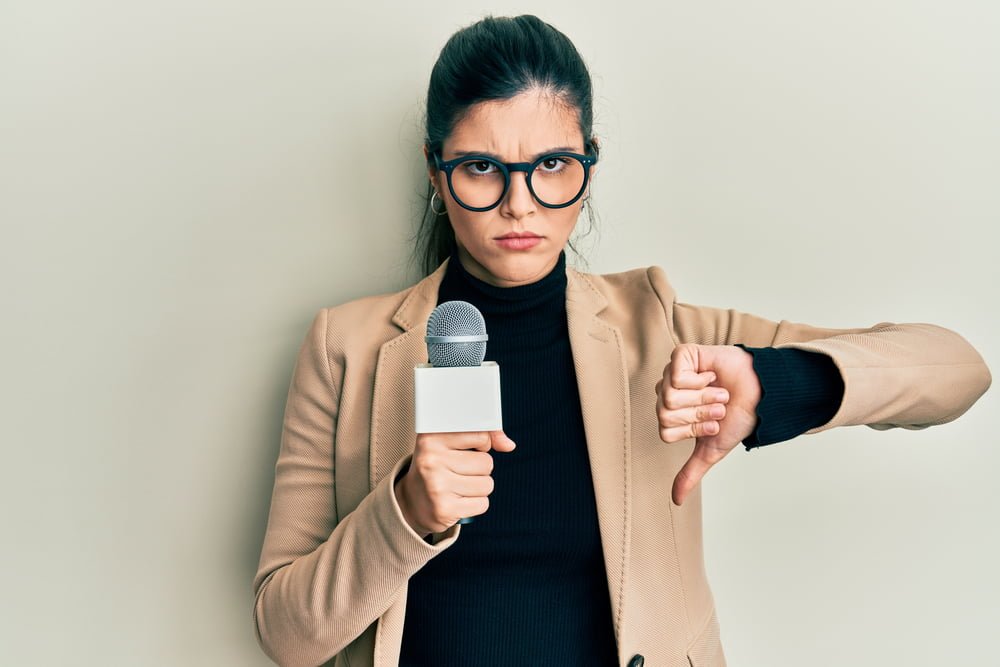
Give your leader feedback after a media interview

Why avoid corporate speak and office jargon in media interviews?
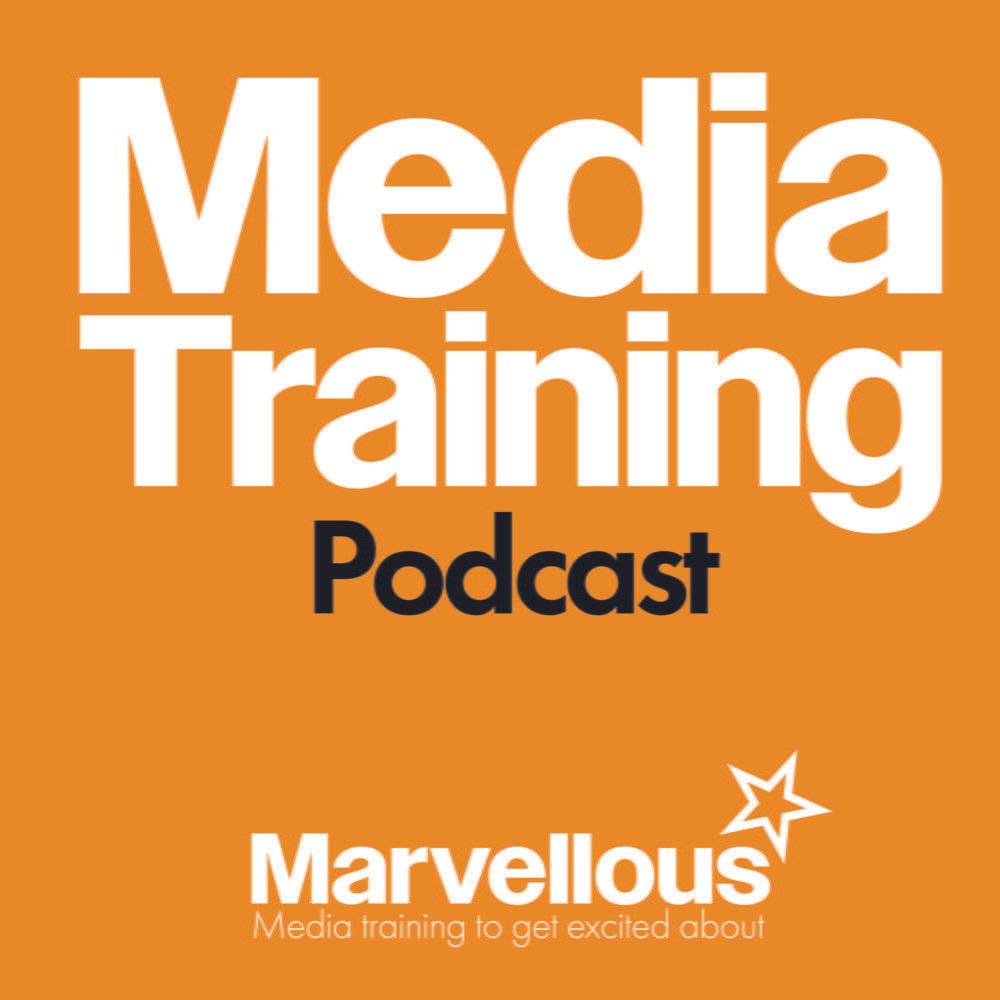
Media interview preparation checklist

How to create a founders’ origin story

How to answer hostile or negative questions from a journalist

How to be authentic in a media interview

Crisis Management: How to write a holding statement
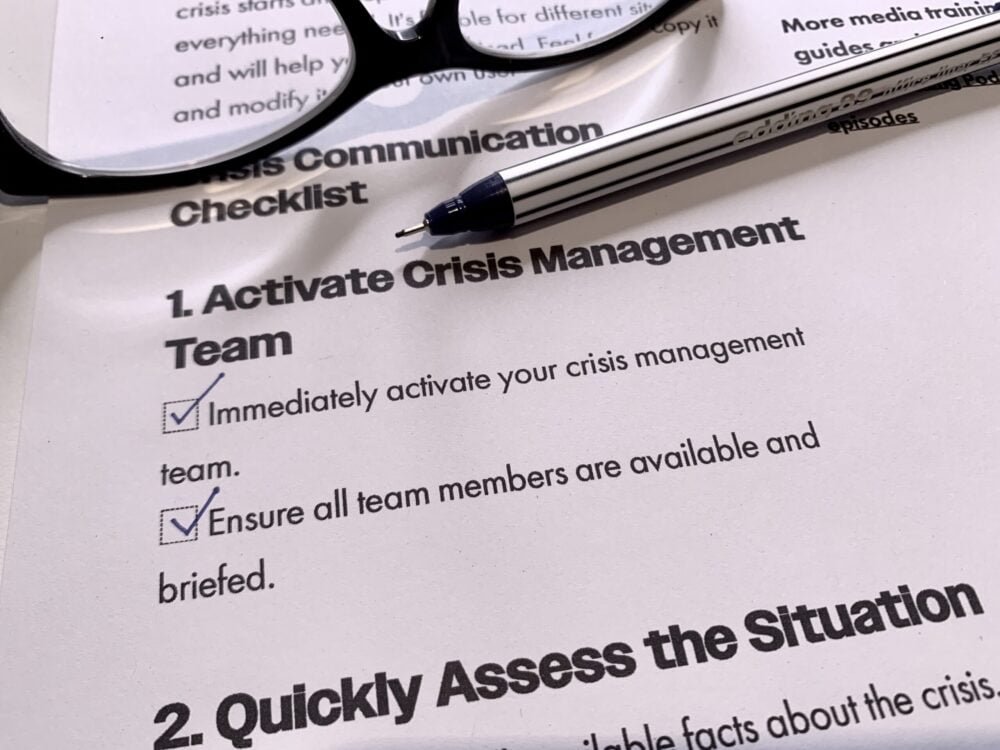
Crisis communications checklist
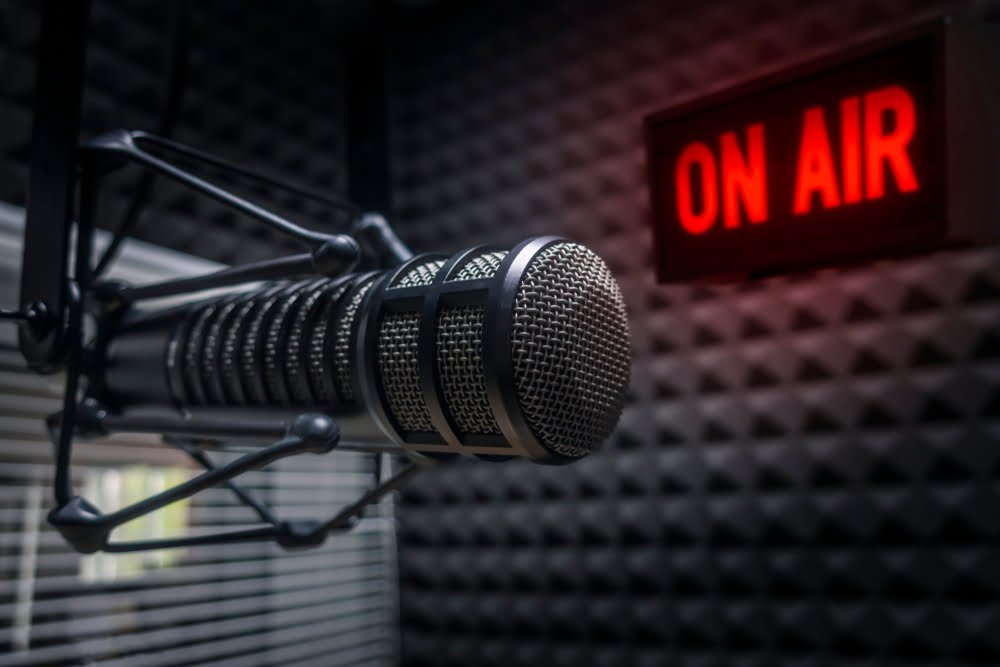
How to create a successful media soundbite
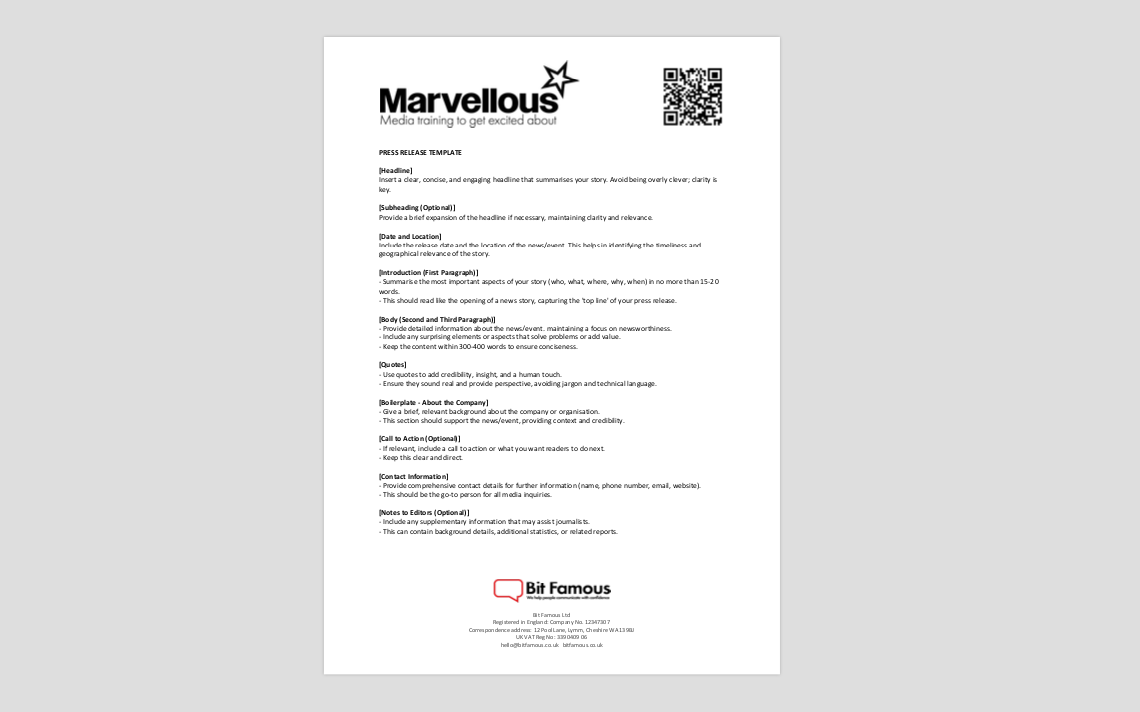
Free press release template (Word)
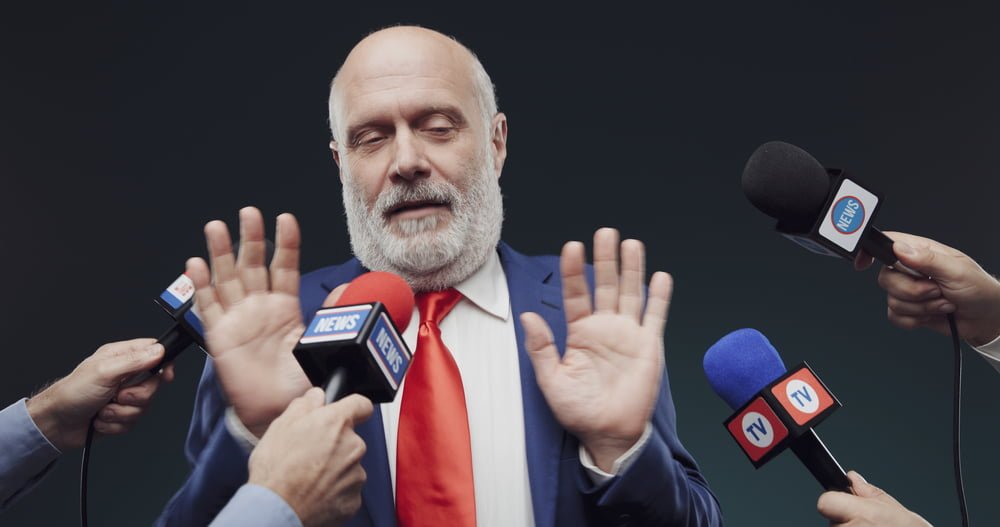
How do you handle a media question you don’t want to answer?
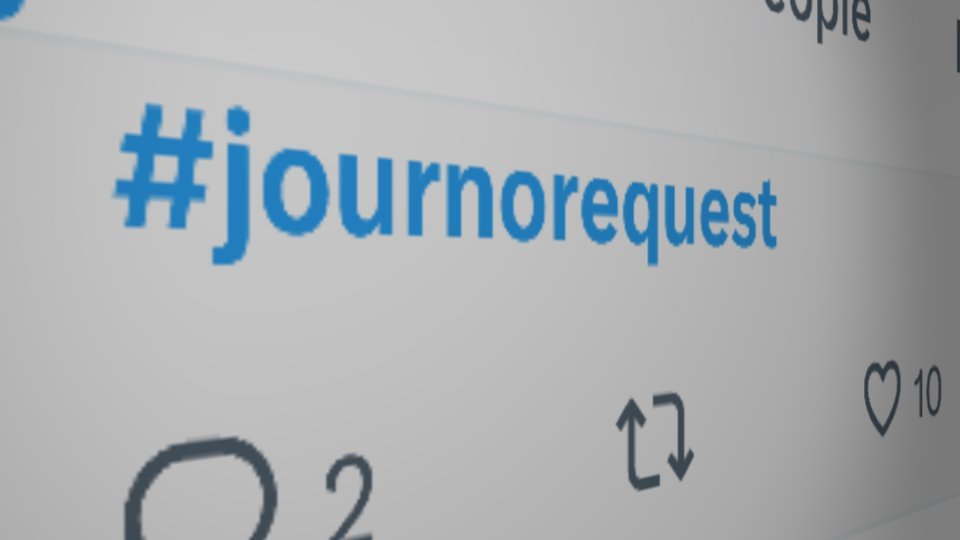
How to use #JournoRequest to get media attention for my business

How do I prepare for a TV interview online using Zoom, Teams or Skype?

How to appear on a business podcast

How to handle a difficult media interview
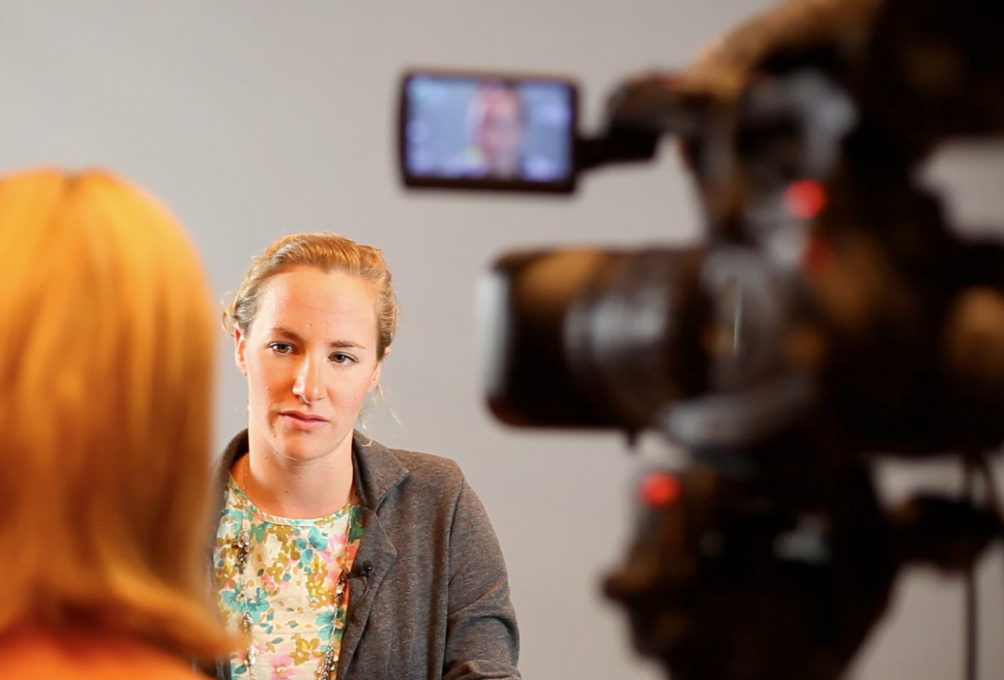
How to get featured in the media


